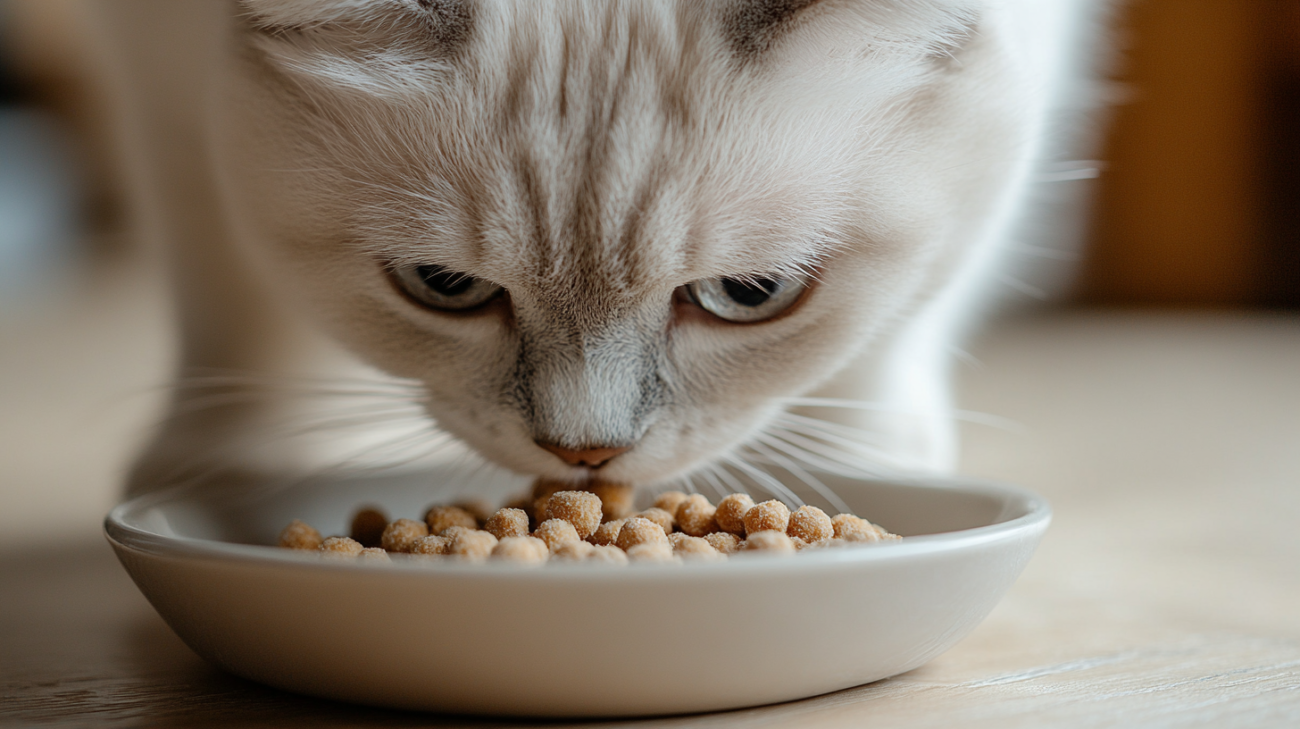
In this article, we will explore the dangers of small pieces of plastic for your feline friend. Cats are curious creatures that often like to play with and chew on small objects. However, ingesting plastic can pose serious risks to their health. We will discuss the potential dangers, signs that your cat may have ingested plastic, and what steps you should take if you suspect your cat has eaten plastic.
What are the risks of your cat eating small pieces of plastic?
There are several risks associated with cats eating small pieces of plastic. One of the most immediate dangers is the risk of choking. If a piece of plastic is small enough, it can become lodged in your cat’s throat and cause them to choke. Additionally, swallowed plastic can lead to intestinal blockages, which can be life-threatening if not treated promptly. Plastic can also contain harmful chemicals and toxins that can poison your cat if ingested.
If your cat eats a sharp piece of plastic, it can cause damage to their internal organs as it moves through their digestive system. This can result in injuries such as internal bleeding or perforations in the stomach or intestines. In some cases, surgery may be necessary to remove the plastic and repair any damage it has caused.
How can you tell if your cat has eaten plastic?
It can sometimes be difficult to tell if your cat has eaten plastic, especially if they have only ingested a small amount. However, there are some signs to watch for that may indicate your cat has eaten plastic. These include vomiting, diarrhea, abdominal pain or swelling, lethargy, loss of appetite, and difficulty breathing. If you notice any of these symptoms in your cat, it is important to contact your veterinarian immediately.
What should you do if you suspect your cat has eaten plastic?
If you suspect that your cat has eaten plastic, it is essential to act quickly. Contact your veterinarian right away and describe the situation. They may recommend bringing your cat in for an examination or observation, depending on the severity of the situation. In some cases, they may advise inducing vomiting to try to expel the plastic from your cat’s system.
Your veterinarian may also recommend monitoring your cat closely for any signs of distress or illness. If your cat shows any concerning symptoms, such as difficulty breathing or severe abdominal pain, it is crucial to seek veterinary care immediately. Your vet may recommend x-rays or other diagnostic tests to determine the location of the plastic and the best course of treatment.
How can you prevent your cat from eating plastic?
Preventing your cat from eating plastic is essential for their health and safety. One of the best ways to prevent this is to keep all small objects and potential hazards out of your cat’s reach. This includes items such as hair ties, rubber bands, plastic toys, and other small household items that could be tempting for your cat to play with.
Another way to prevent your cat from eating plastic is to provide them with safe and appropriate toys and objects to play with. Interactive toys, scratching posts, and puzzle feeders can help keep your cat entertained and engaged without the risk of ingesting harmful materials. Additionally, be sure to keep your garbage cans securely closed and inaccessible to your cat to prevent them from rummaging through and potentially eating plastic or other hazardous materials.
Conclusion
Small pieces of plastic can pose serious risks to your cat’s health if ingested. It is essential to be vigilant and proactive in preventing your cat from coming into contact with plastic and other potential hazards. If you suspect that your cat has eaten plastic, contact your veterinarian immediately for guidance on the best course of action. By taking steps to keep your cat safe and healthy, you can help ensure that they live a long and happy life free from the dangers of small plastic objects.
FAQs
Q: Can small pieces of plastic be harmful to my cat?
A: Yes, small pieces of plastic can pose serious risks to your cat’s health, including choking, intestinal blockages, poisoning, and internal injuries.
Q: What should I do if my cat has ingested plastic?
A: If you suspect that your cat has eaten plastic, contact your veterinarian immediately for guidance. They may recommend bringing your cat in for an examination or inducing vomiting to try to remove the plastic.
Q: How can I prevent my cat from eating plastic?
A: To prevent your cat from eating plastic, keep all small objects out of their reach, provide them with safe toys, and keep garbage cans securely closed.
Q: What are the signs that my cat has eaten plastic?
A: Signs that your cat may have ingested plastic include vomiting, diarrhea, abdominal pain or swelling, lethargy, loss of appetite, and difficulty breathing.
Q: Are there long-term effects of a cat eating plastic?
A: Ingesting plastic can have long-term effects on your cat’s health, such as chronic digestive issues, internal injuries, and potential complications from surgery to remove the plastic.
